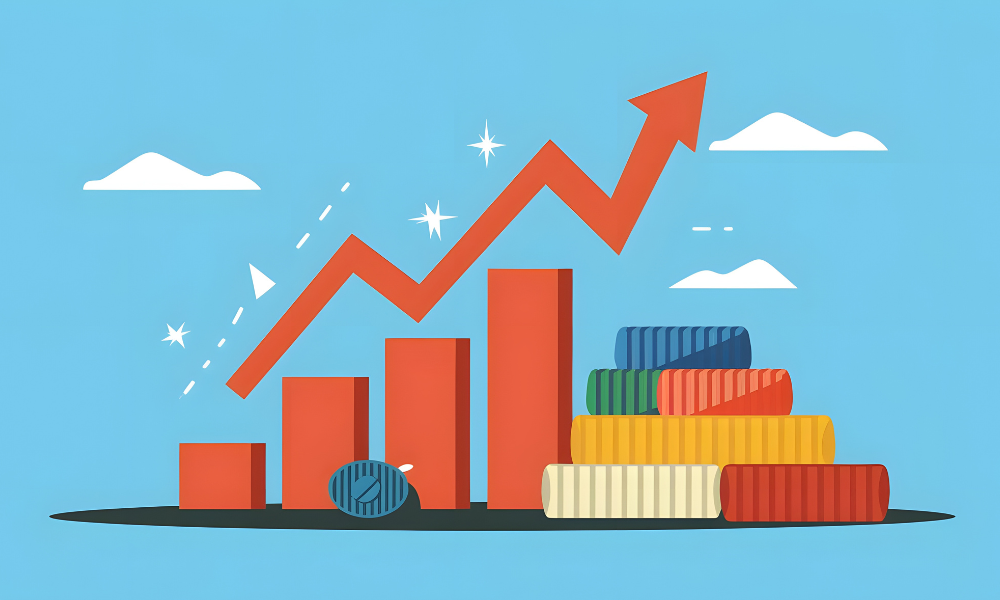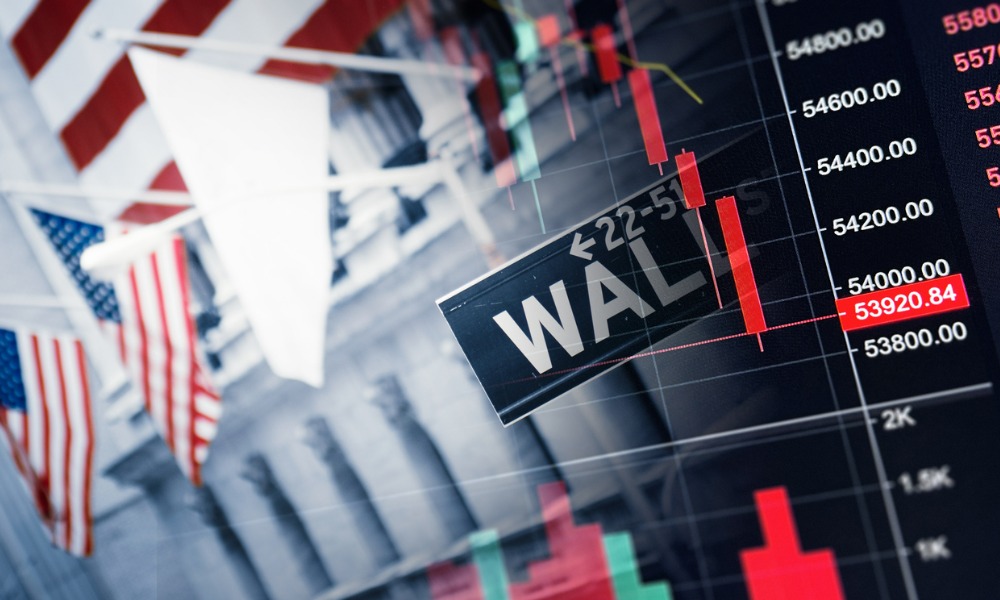CBO says Trump’s tariffs could cut US debt by $2.8 trillion, but experts flag economic and legal risks

The Congressional Budget Office (CBO) said tariffs imposed by US President Donald Trump could reduce the federal debt by US$2.8tn over the next decade.
This would partially offset the US$2.4tn deficit increase projected from his One Big Beautiful Bill Act.
The bill, which the House passed and the Senate is reviewing, includes significant tax cuts that outpace proposed spending reductions.
As reported by NPR, the US Treasury Department collected US$68.9bn in tariffs and excise taxes during the first five months of the year—a 78 percent increase from the same period the previous year.
This spike in revenue followed Trump’s move to impose tariffs of at least 10 percent on nearly all imports.
While the CBO projections suggest a potential fiscal benefit, experts cited by both NPR and The Globe and Mail raised alarms over the economic impact.
Erica York, vice president of federal tax policy at the Tax Foundation, said tariffs are “a very, very inefficient way to raise revenue.”
She also noted they are an unreliable source of revenue due to legal, political, and economic reasons.
Economists have noted that tariffs, typically paid by US importers and passed along to consumers, raise prices and reduce competitiveness for manufacturers.
As per The Globe and Mail, York said, “You’re not just getting the effect of a tax on the US economy… you’re also getting the effect of foreign taxes on US exports.”
The European Union, for instance, recently threatened retaliatory tariffs after Trump raised steel and aluminum duties to 50 percent.
According to the Penn Wharton Budget Model, the One Big Beautiful Bill Act, even without the tariffs, disproportionately impacts lower-income Americans.
The poorest 20 percent of households, earning under US$17,000, are expected to lose US$820 in income next year, while the top 0.1 percent, earning over US$4.3m, would gain US$390,070 by 2026.
York stated that layering regressive tariffs on top of these changes would make “a lot of low- and middle-income households substantially worse off.”
Shai Akabas of the Bipartisan Policy Center told NPR that higher tariffs could slow growth and spark inflation, noting that “some are forecasting larger impacts and potentially pushing us into recession.”
The CBO also forecasted elevated US inflation and reduced economic growth over the next two years.
Impacts on the manufacturing sector are already apparent.
According to a survey from the Institute for Supply Management reported by NPR, the sector shed 8,000 jobs last month, with purchasing managers indicating that suppliers were passing tariffs directly through to buyers.
A manager at a chemical plant explained, “The position being communicated is that the supplier considers it a tax, and taxes always get passed through to the customer.”
In interviews with NPR, importers expressed concerns about cash flow disruptions.
Patrick Allen, who imports French wine, described having to pay tariffs upfront before making any sales.
“Say if I order US$100,000 of wine from France, if there’s a 20 percent tariff, I’ll have to pay US$20,000 to get the wine out of customs before I sell a bottle,” Allen said.
Many of his clients have halted orders due to the uncertainty of future tariff rates, especially with Trump threatening to increase EU tariffs to 50 percent.
“We’re going to be out of stuff on the shelves… all of those out-of-stocks represent money we would have been making that we won’t be making,” Allen added.
Legal uncertainties also threaten the longevity of Trump’s tariff strategy.
As reported by The Globe and Mail, a federal court in New York struck down the centrepiece of the “Liberation Day” tariffs announced on April 2, stating that the president had overstepped his authority.
Although an appeals court has allowed collections to continue temporarily, future rulings or Congressional changes could nullify them.
Kent Smetters of the Penn Wharton Budget Model, cited by The Globe and Mail, warned that tariffs isolate the US from global investment.
Foreign investors hold about 30 percent of US government debt, and higher tariffs could drive them away, leading to higher interest rates and borrowing costs.
Smetters argued that tariffs are the “most economically destructive tax,” with more than double the damage to growth and wages compared to corporate taxes.
Trump suggested in April that tariffs could eventually replace the federal income tax, saying, “It’s possible we’ll do a complete tax cut.”
He added, “I think the tariffs will be enough to cut all of the income tax.” In response, York called it “perhaps the dumbest tax reform you could design.”



